China is “leading” in the Democratic Republic of Congo
The Democratic Republic of Congo, whose cobalt reserves can be seen as a prime example of the Sino-US mineral competition in Africa, a race in which Beijing is leading Washington by a considerable margin.
In this Central African country, a Chinese company has bought two of the world’s largest cobalt mines from Americans. In 2016, the US mining giant Freeport-McMoRan sold its stake in the Tenke Fungurume mine to CMOC – then known as China Molybdenum – for $2.65 billion. Four years later, it sold its stake in the Kisanfu mine to the same Chinese mining company for $550 million.
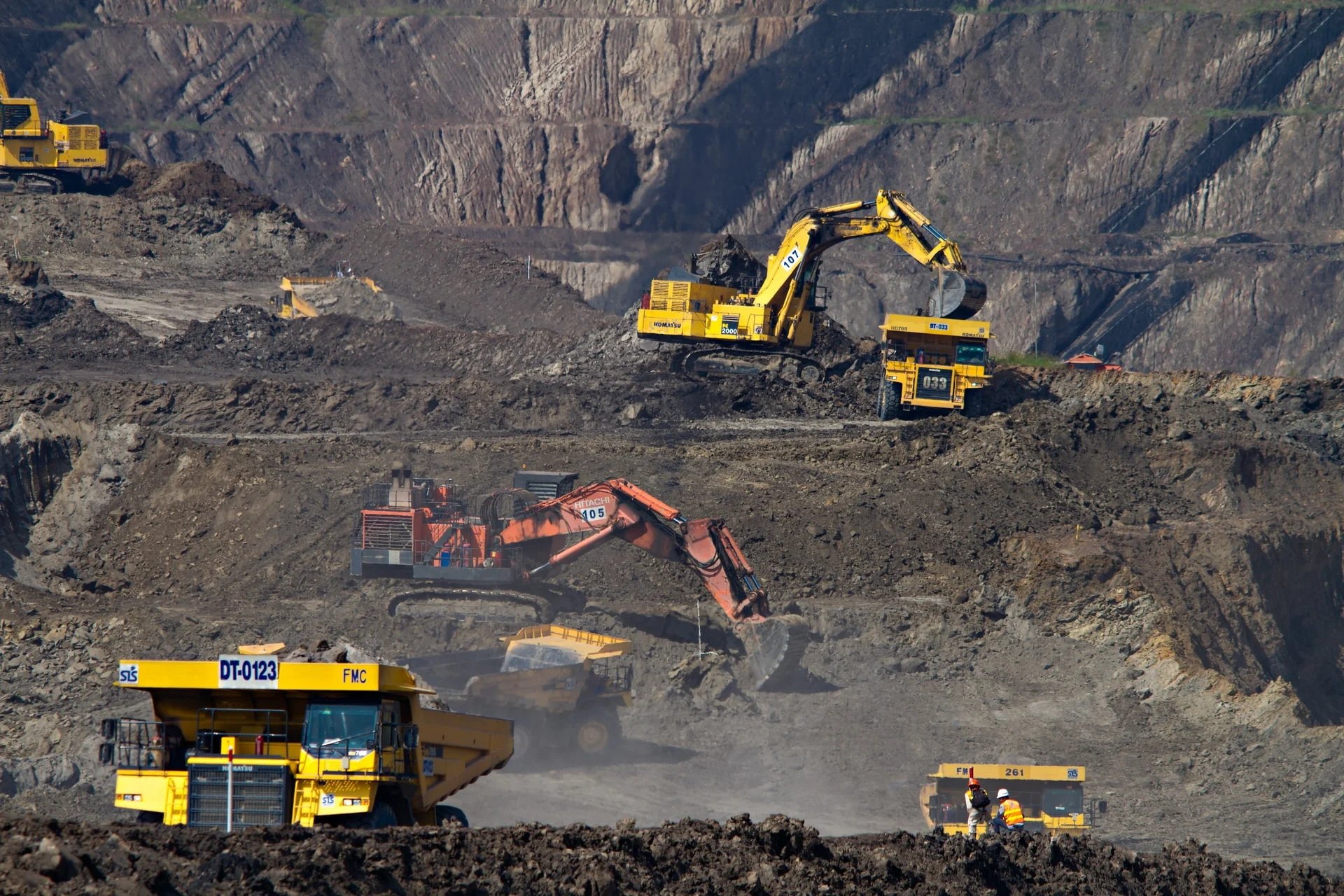
The Kisanfu cobalt-copper mine in the Democratic Republic of Congo was acquired by a Chinese company from its US partner for $550 million in 2020. Photo: Mining Technology
The two acquisitions doubled CMOC's cobalt supply and helped the Chinese company become the world's largest producer of the mineral by output by 2023.
The Democratic Republic of Congo is the world's largest supplier of cobalt, a mineral needed to make batteries used in phones and electric cars. According to a report by the United Nations Environment Programme, the Democratic Republic of Congo will account for 73% of global cobalt production by 2023. The central African country is also a source of dozens of other important metals and rare earths.
That wealth has attracted billions of dollars in Chinese investments into the DRC as part of its “Belt and Road Initiative,” including a $7 billion deal by the Sicomines joint venture to mine copper and cobalt in Lualaba province.
Under the deal, a consortium of Chinese companies, led by Sinohydro and China Railway Engineering Corporation, will build roads, power transmission lines and hydroelectric dams in the province. In return, they will be repaid with minerals or mineral revenues.
According to research published in February by AidData, a research lab at the College of William & Mary in the US, Chinese state creditors approved 19 loan commitments worth about $12.85 billion for cobalt-copper mines in the Democratic Republic of Congo between 2000 and 2021.
As a result, China controls up to 80% of the cobalt production of the Democratic Republic of Congo, a ratio that shows its superiority over any competitor, including the US, in the race to exploit the important mineral in Congo.
Leading position across Africa
Political instability in the mineral-rich east of the Democratic Republic of Congo - where opposition militias led by the M23 force are fighting the government - is becoming a new catalyst for the US to return to the track in this Central African country.
Last month, Democratic Republic of Congo President Félix Tshisekedi offered the United States direct access to strategic minerals if it intervened to end the conflict.
Meanwhile, the US is also engaged in “exploratory talks” with the Democratic Republic of Congo on a deal that would see the central African nation grant access to its vital minerals in exchange for military support, the Financial Times reported last week.
Observers say the Trump administration could take advantage of the situation to pressure Kinshasa not to approve new acquisitions by Chinese companies.
But Christian-Geraud Neema, a Congolese mining and policy analyst and associate fellow at the Carnegie Africa Program, said “the US does not offer a real, credible and viable alternative to Chinese investments in the DRC.”
Washington may want to prevent China from investing further in mines in the Democratic Republic of Congo, “but evict- ing existing mines is not feasible and that is not an option for the Democratic Republic of Congo,” Mr. Neema said.
Similarly, South China Morning Post Africa expert Jevans Nyabiage said that Chinese investors have established such a strong presence in the Democratic Republic of Congo that it is difficult to usurp their position.
China’s buildup in the mineral race is taking place not only in the Democratic Republic of Congo but also across Africa. According to a report published by the Brookings Institution (USA) earlier this month, within two years of the Covid-19 pandemic, China “gradually but steadily resumed economic relations with Africa” and there was a noticeable shift towards acquiring important mining facilities there.
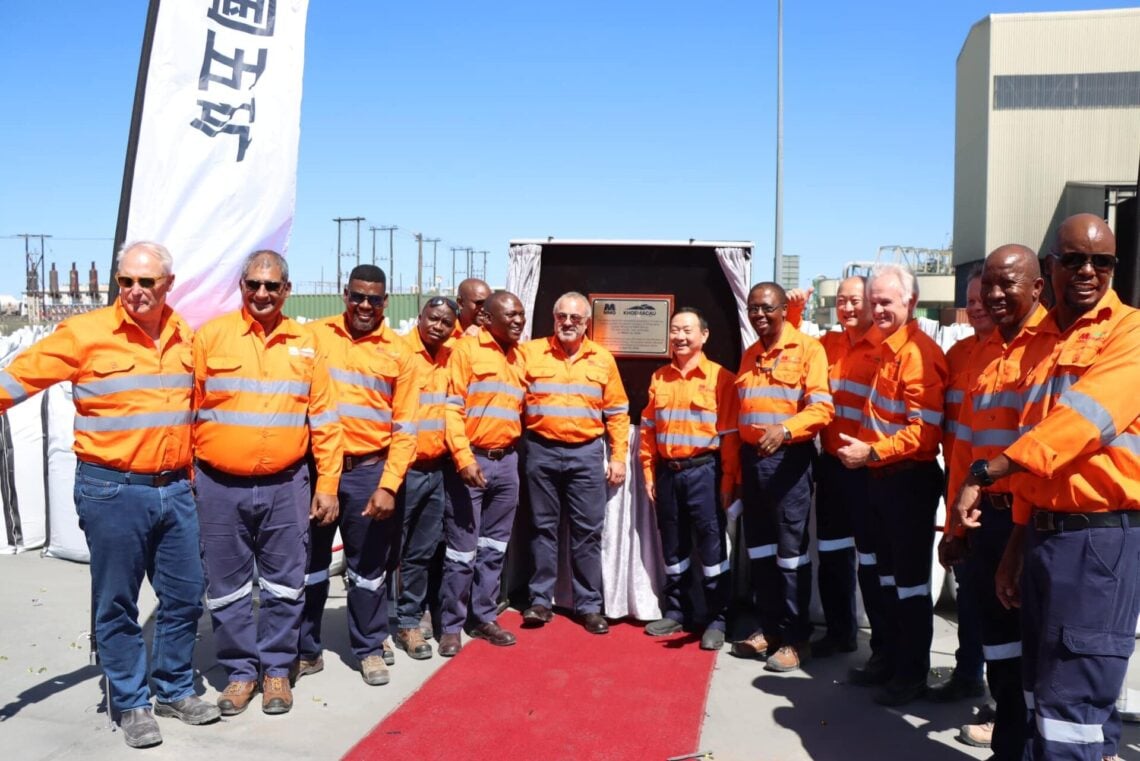
Chinese and foreign experts pose for a photo at the Khoemacau copper mine in Botswana. Photo: BW
From the Democratic Republic of Congo to Botswana and Zimbabwe, Chinese companies have spent more than $10 billion to acquire key mineral deposits in Africa. Last year’s biggest Chinese acquisition was in Botswana, where Hong Kong-listed mining company MMG, backed by China’s state-owned Minmetals Group, bought the Khoemacau copper mine for $1.9 billion.
In total, Chinese companies invested $7.9 billion in various mining and metals projects across Africa in 2023 alone. They bought stakes in lithium processing plants in Mali and Zimbabwe, and expanded their presence in South Africa, Zambia, Guinea, Angola and Nigeria.
This advantage, along with China's determination to promote its high-tech electronics industry, renewable energy and defense systems, makes it difficult for China to lose its leading position in the race to win important minerals in Africa, the South China Morning Post said.
America lacks leverage
As demand for cobalt and other critical minerals has soared, there has been broad bipartisan consensus in Washington about America's strategic interest in Africa to access those minerals, and particularly in the Democratic Republic of Congo.
Former President Joe Biden's administration in 2022 signed a memorandum of understanding with the Democratic Republic of Congo and Zambia — another resource-rich African nation — to provide funding and expertise for their mining industries.
To help access minerals, the US is also funding the construction of its first megaproject in Africa in decades: the Lobito Corridor – a rail and logistics project connecting Angola with Zambia and the Democratic Republic of Congo.
However, it is unclear whether the Trump administration will support the project, given that US foreign aid has been frozen. Chris Berry, head of US-based commodities consultancy House Mountain Partners, said that while President Trump wants to “bring industries back home,” it is unclear how he intends to do so, other than through tariffs.
Quang Anh
Source: https://www.congluan.vn/trung-quoc-dang-dan-truoc-my-trong-cuoc-dua-gianh-khoang-san-chau-phi-post339873.html


![[Photo] Prime Minister Pham Minh Chinh chairs the 14th meeting of the Steering Committee on IUU](https://vphoto.vietnam.vn/thumb/1200x675/vietnam/resource/IMAGE/2025/9/23/a5244e94b6dd49b3b52bbb92201c6986)

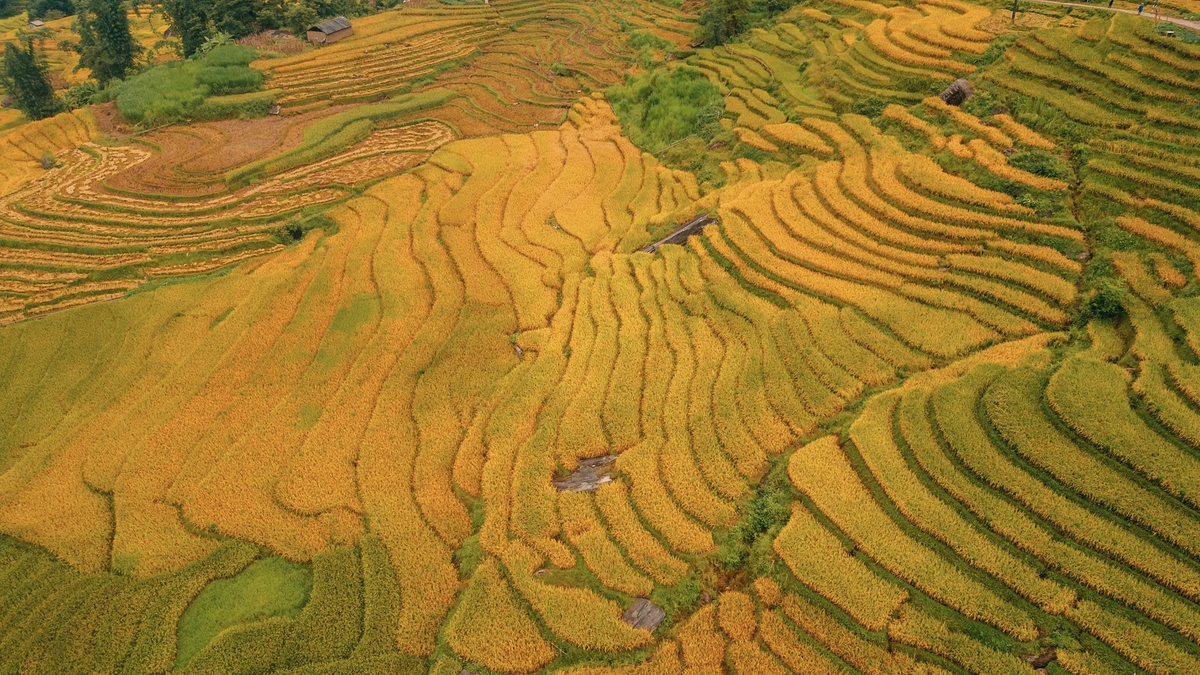
![[Photo] Editor-in-Chief of Nhan Dan Newspaper Le Quoc Minh received the working delegation of Pasaxon Newspaper](https://vphoto.vietnam.vn/thumb/1200x675/vietnam/resource/IMAGE/2025/9/23/da79369d8d2849318c3fe8e792f4ce16)


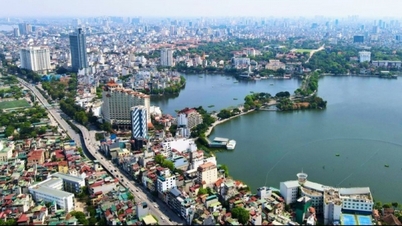


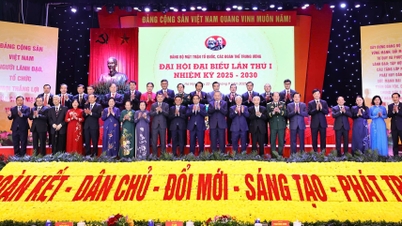
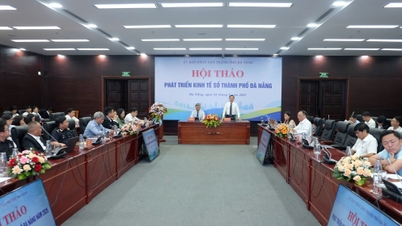

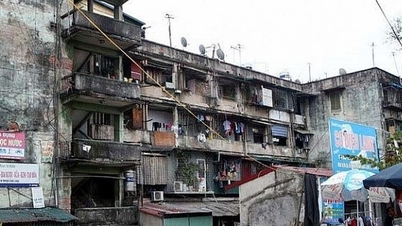










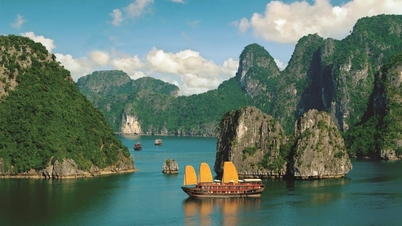

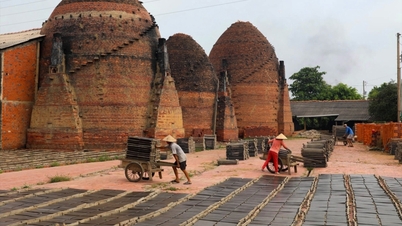

























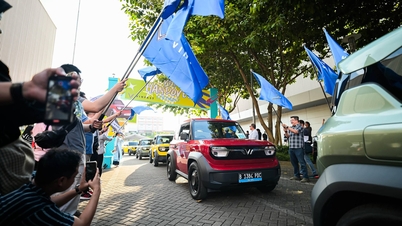











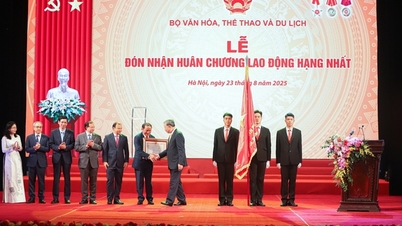
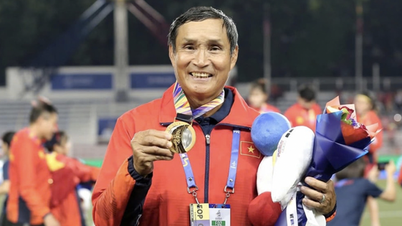
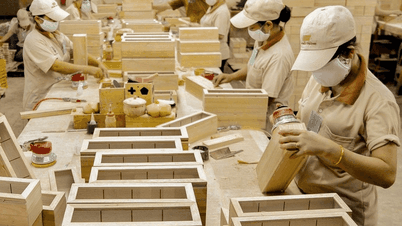




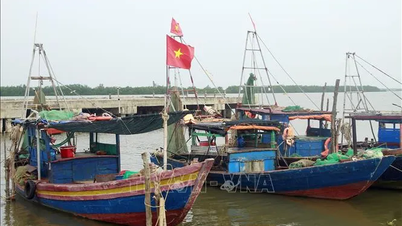

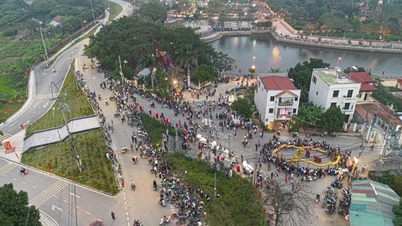




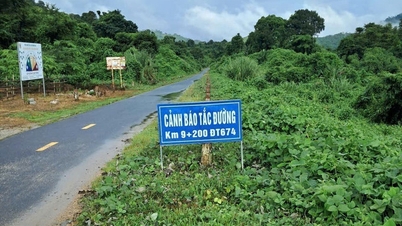




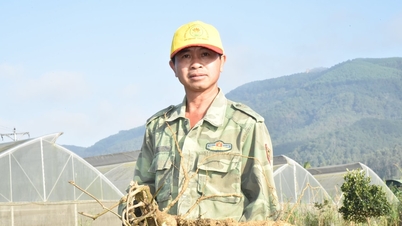


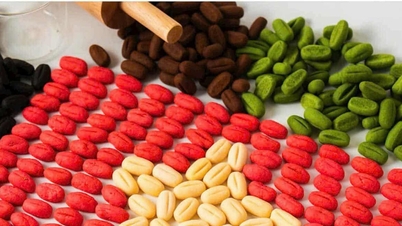



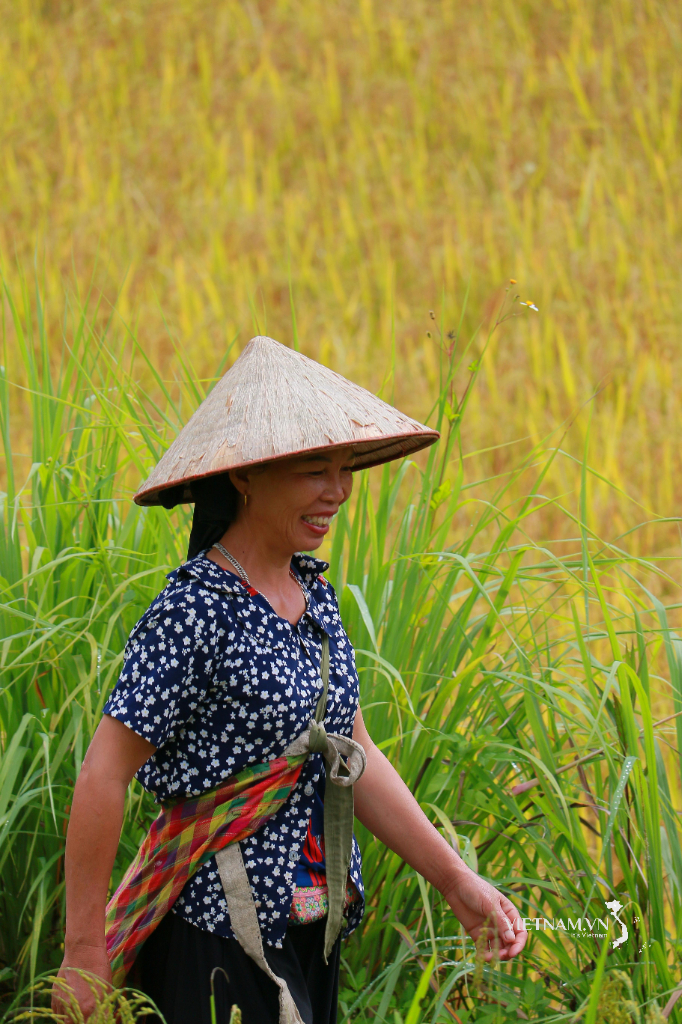


Comment (0)